At safe way right way, we take issues pertaining road safety to be very important, but that in itself is not an end to what we stand for, neither is it the limit to our interventionist activities. Our goal is to create safer roads for Africa, and we recognize the role played by education in the creation of safer roads through fundamental sensitisation on road transport systems, means and safety.
In the education arena, it has been recognised that a conducive and soothing school environment is a critical learning factor psychologically and practically for the learners and their educators alike. On that note, Safe Way Right Way hain the previous week undertaken a task of donating over 1920 tree seedlings to 9 primary schools in the Albertine region district of Buliisa. These were mainly aimed, on the one hand, at being used to improve the school environment by way of beautifying the surroundings and also creating more shade and on the other hand, at enhancing the students learning and study through responsible tree nurturing by the students themselves.
On Thursday 2nd May 2024, Safe Way Right Way conducted launch activity for tree planting in schools at kisansya Primary School and a total number of about 900 People attended the function. Different tree species were given out which include griveria (800 seedlings), Musizi (500 seedlings), Albizia/Musiseye (430 seedlings), Jack fruits (160 seedlings) and Oranges (30 seedlings) and total of 1920 tree seedlings were distributed to 9 schools in Kigwera subcounty, Ngwedo subcounty and Wanseko Town council.
After the launch activity tree seedlings were distributed to different schools as follows: Kisansya p/s = 251 seedlings; Kilima p/s = 175 seedlings; Ndandamire p/s =225 seedlings; Wanseko p/s = 130 seedlings; Kirama p/s = 220 seedlings; Kisomere p/s = 240 seedlings; Avogera p/s = 245 seedlings; Ngwedo p/s =234 seedlings; and Kibambura p/s = 200 seedlings.
The launch was attended District Community Development officer for Buliisa District, District Forestry Officer for Buliisa District, Total energies team, Inspector of schools for Buliisa District, Chairperson PTA kisansya P/S, Headteacher kisansya P/S, Deputy headteacher kisansya, Teachers and Pupils. These stakeholders echoed various messages but most importantly requested school administration to take care of trees planted to improve school environment; encouraged school administration to allocate trees to Pupils to enable pupils take charge of these trees to grow well and appreciated Total Energies and Safe Way Right Way for the several school fencings offered to the community schools as a road safety measure.


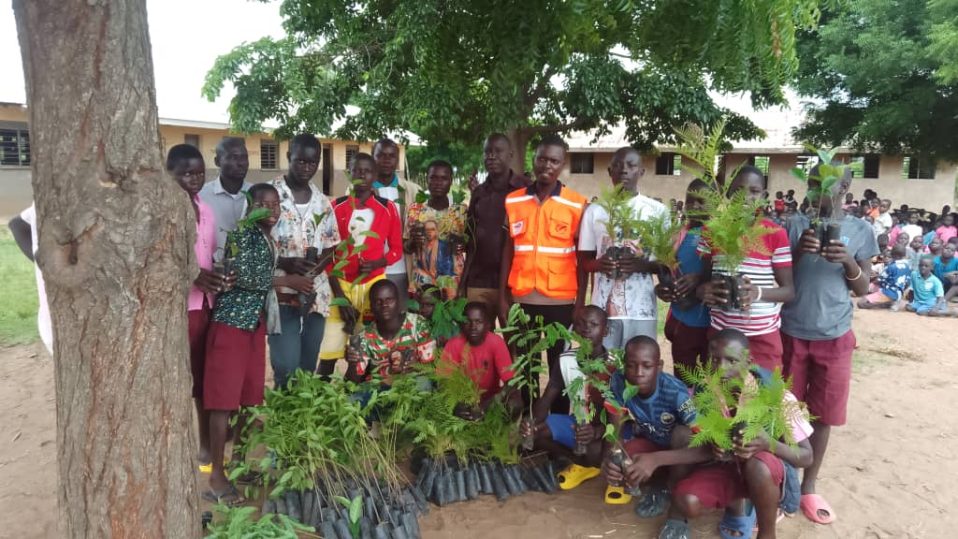
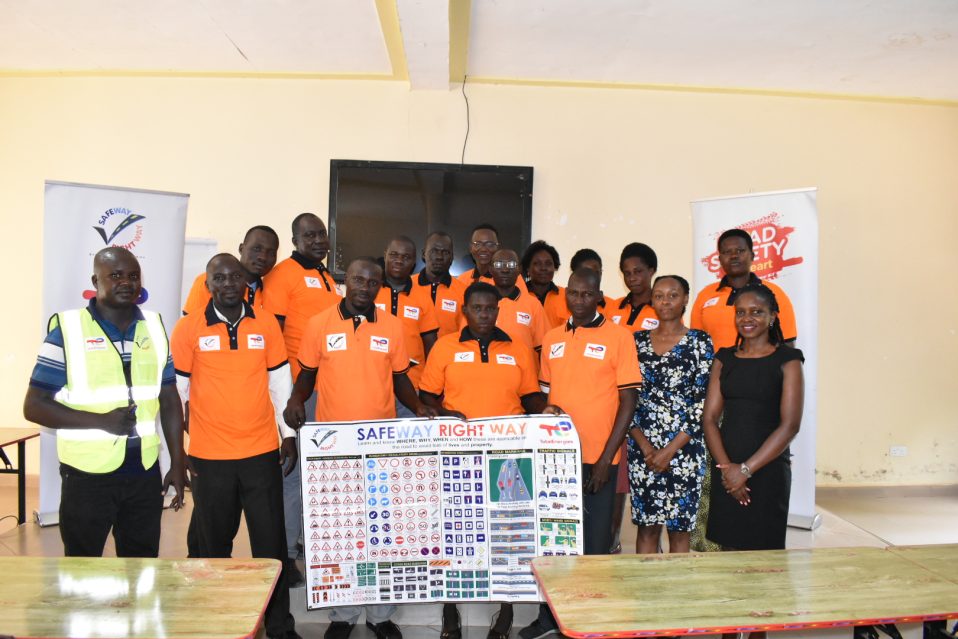
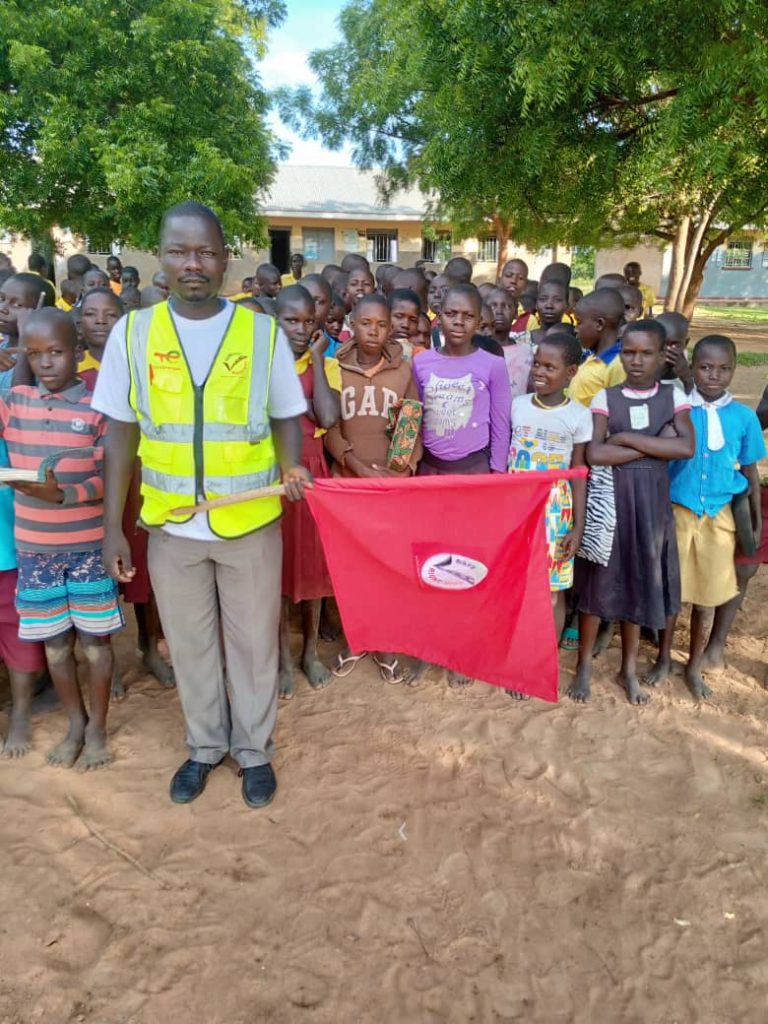
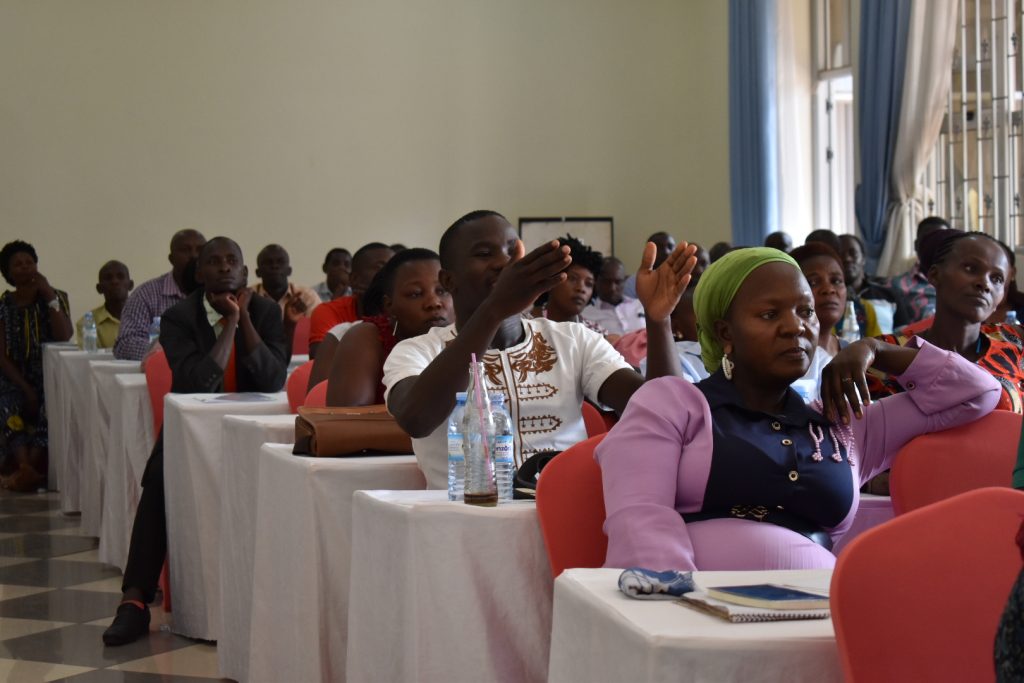
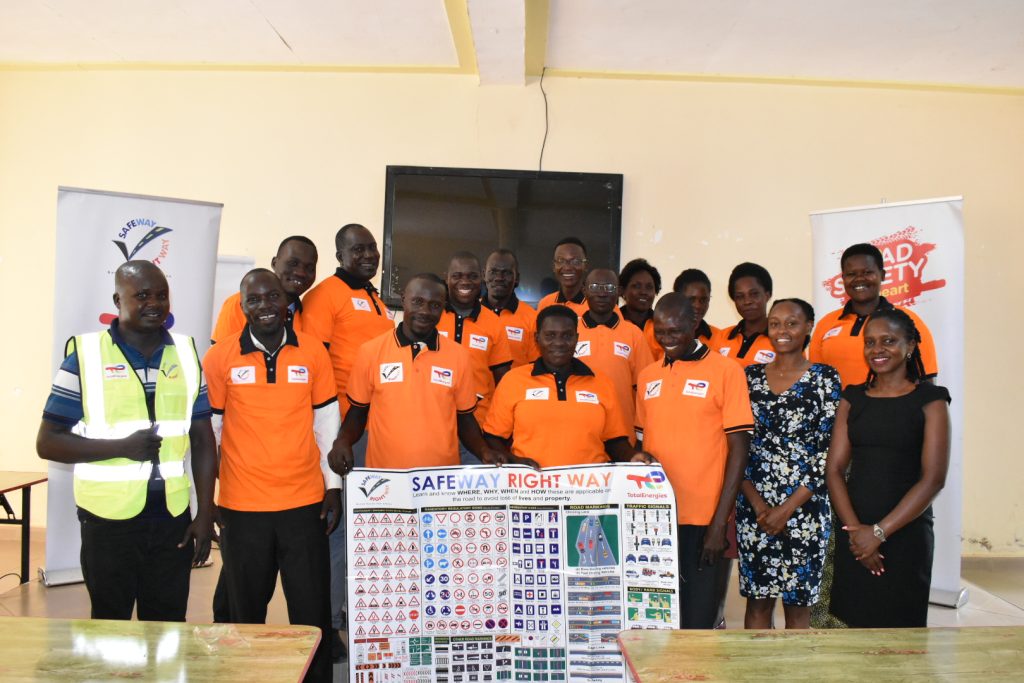
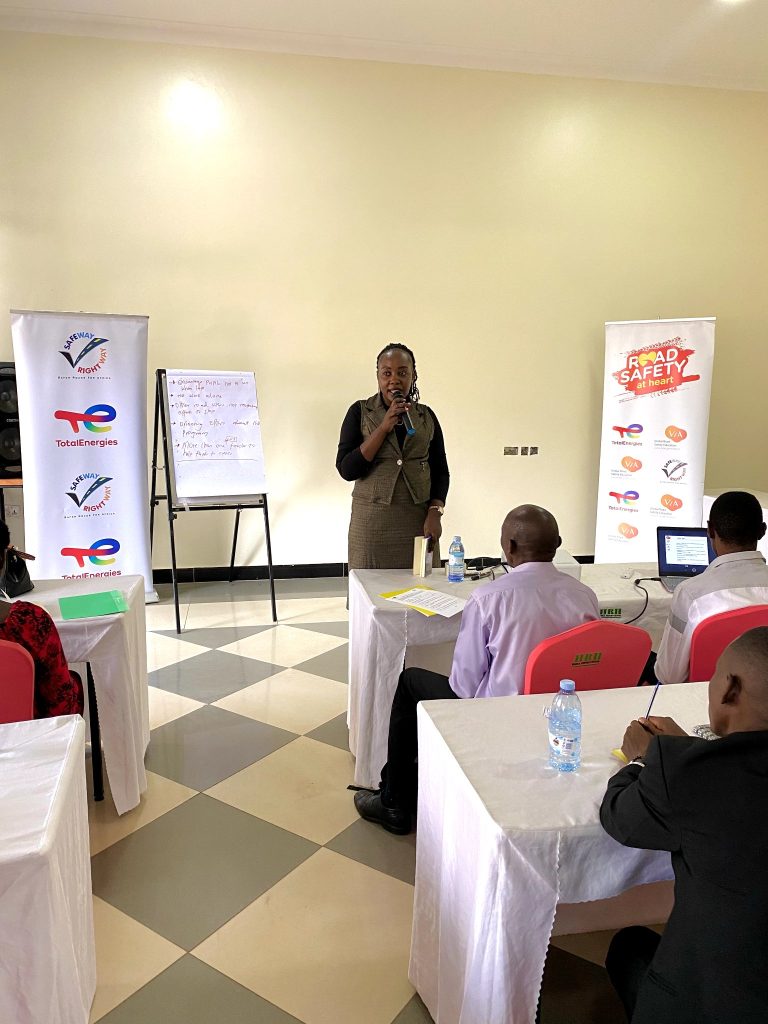
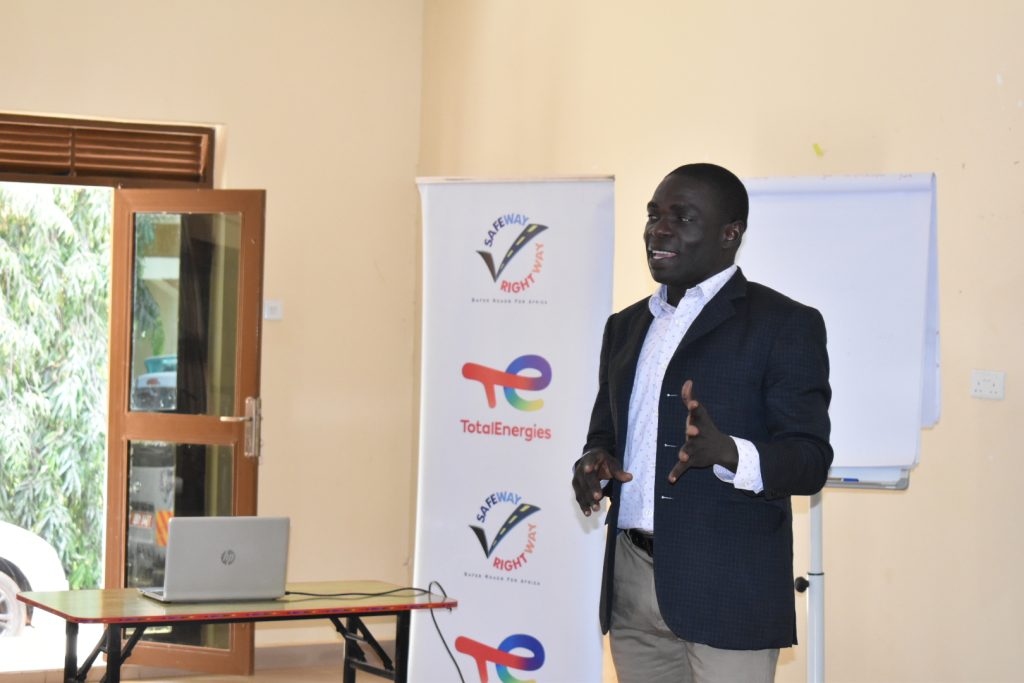
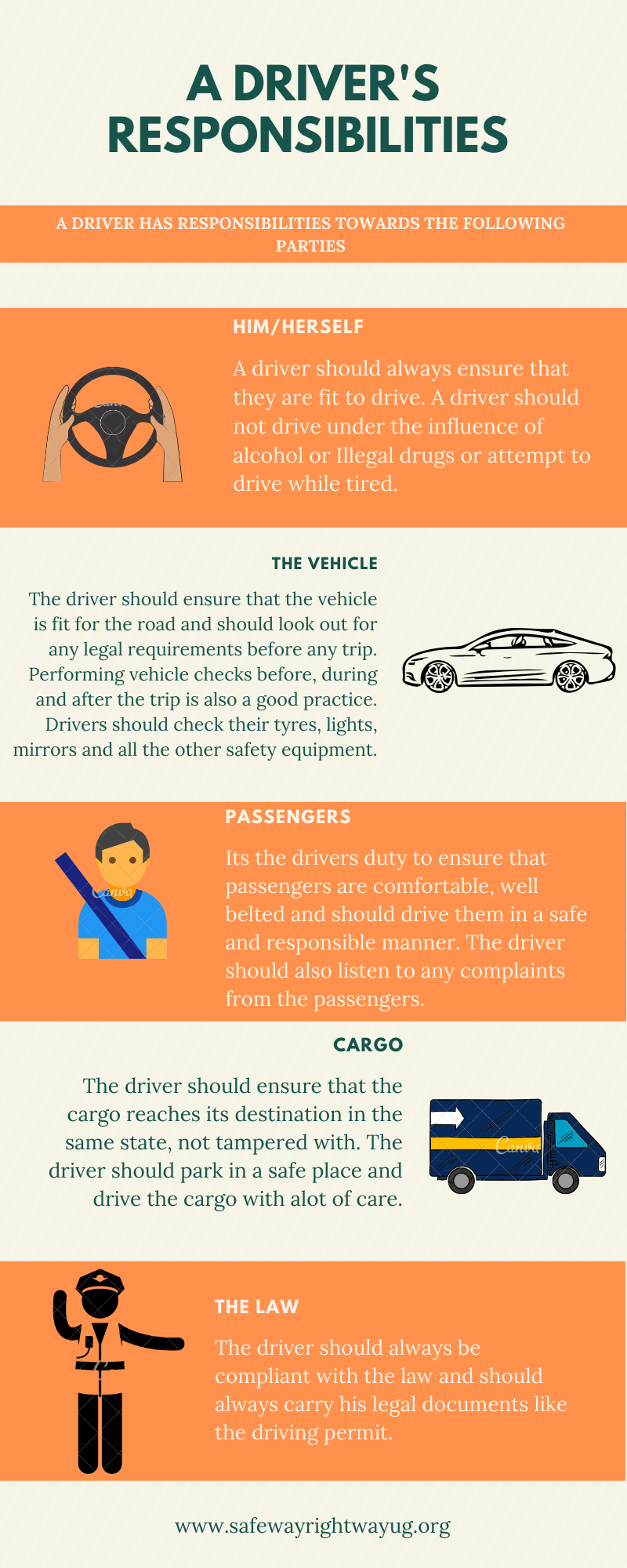
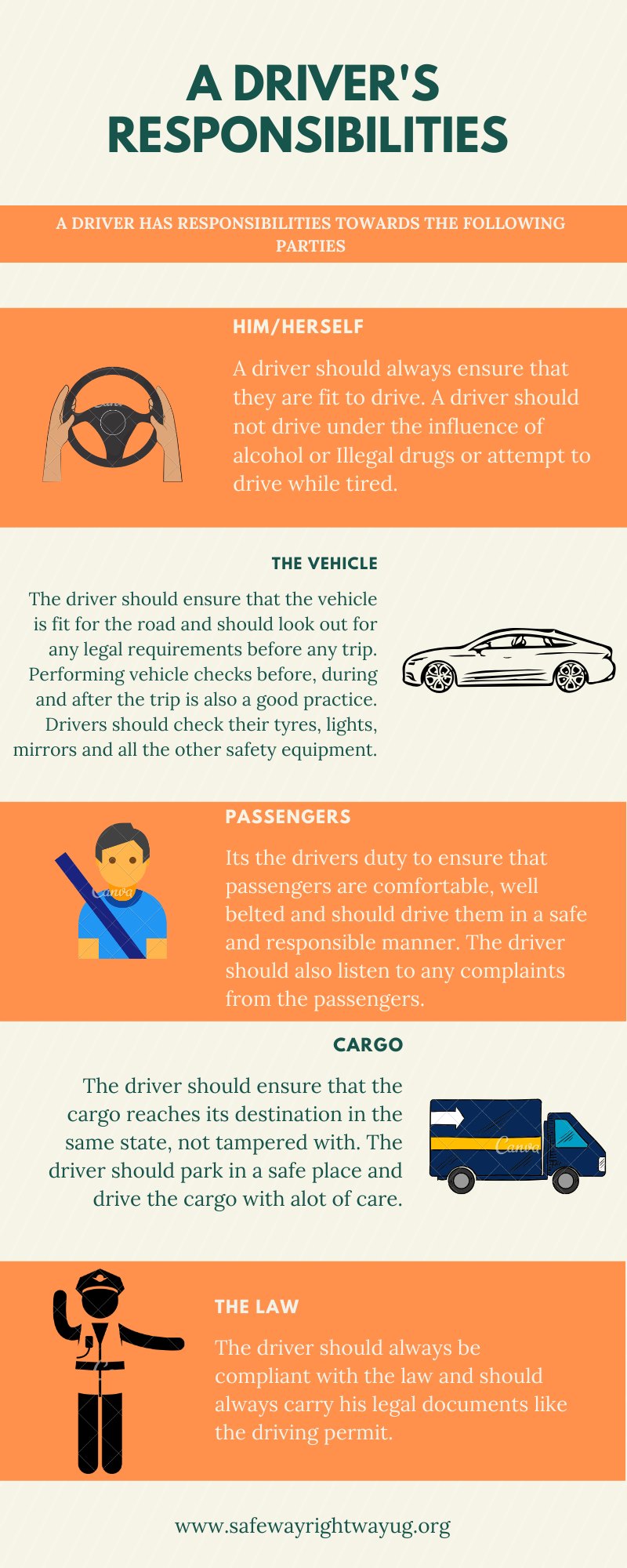

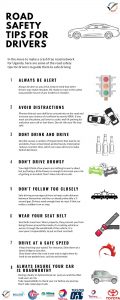
 SAFE WAY RIGHT WAY
SAFE WAY RIGHT WAY RT
RT